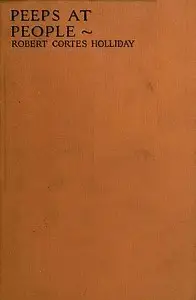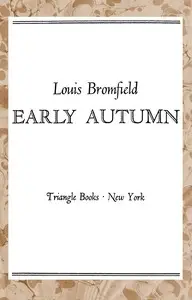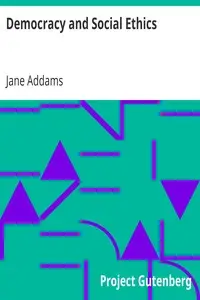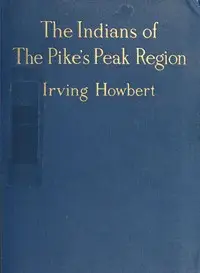"Observations By Mr. Dooley" by Finley Peter Dunne is a series of funny stories where an Irish-American bartender named Mr. Dooley shares his clever thoughts on everything from politics to books and everyday life in America a long time ago. Through Mr. Dooley's eyes, we get a funny and sharp look at what society was like back then, as he makes witty remarks about people's changing views and habits, especially when it comes to literature and art. The book starts by showing Mr. Dooley's unique personality as he jokes about how writing and reading have changed over time, teasing the idea of too many people trying to be writers and questioning society's strange attitudes toward books and culture, creating a lighthearted but thought-provoking exploration of old-fashioned American society.

Observations By Mr. Dooley
By Finley Peter Dunne
Listen in as a wise-cracking bartender hilariously comments on politics, culture, and the quirks of society from a bygone era.
Summary
About the AuthorFinley Peter Dunne was an American humorist, journalist and writer from Chicago. In 1898 Dunne published Mr. Dooley in Peace and in War, his first collection of the nationally syndicated Mr. Dooley sketches. Written as though speaking with the thick verbiage and accent of an Irish immigrant from County Roscommon, Dunne's fictional "Mr. Dooley" expounded upon political and social issues of the day from behind the bar of his South Side Chicago Irish pub. Dunne's sly humor and political acumen won the support of President Theodore Roosevelt, a frequent target of Mr. Dooley's barbs. Dunne's sketches became so popular and such a litmus test of public opinion that they were read each week at White House cabinet meetings.
Finley Peter Dunne was an American humorist, journalist and writer from Chicago. In 1898 Dunne published Mr. Dooley in Peace and in War, his first collection of the nationally syndicated Mr. Dooley sketches. Written as though speaking with the thick verbiage and accent of an Irish immigrant from County Roscommon, Dunne's fictional "Mr. Dooley" expounded upon political and social issues of the day from behind the bar of his South Side Chicago Irish pub. Dunne's sly humor and political acumen won the support of President Theodore Roosevelt, a frequent target of Mr. Dooley's barbs. Dunne's sketches became so popular and such a litmus test of public opinion that they were read each week at White House cabinet meetings.














